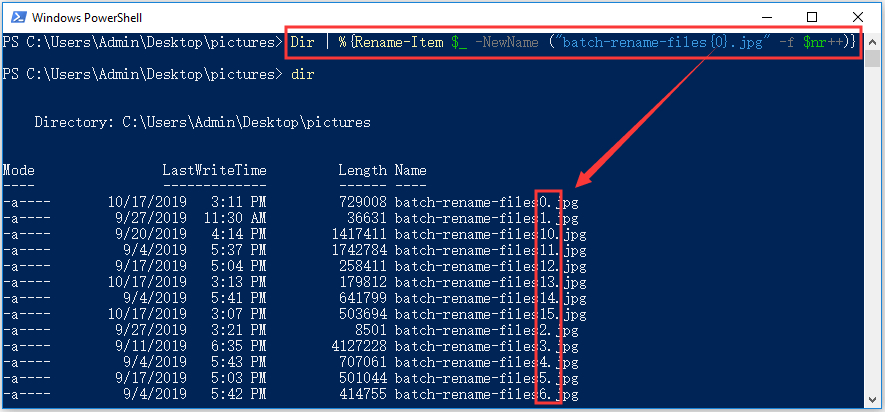

(My application is similar to the "bulkrename" command found in ranger). This is useful if you like command line applications, and are interested in making some quick edits to file names. I wrote a command line application that uses the same technique, but that reduces the volatility of this script, and comes with more options, such as recursive refactoring.

Old_paths.replace(direc_to_refactor / new_names) # and store them in a list of new file names Here is an example of how it can be used to refactor files in a directory. If you would like to modify file names in an editor (such as vim), the click library comes with the command click.edit(), which can be used to receive user input from an editor. # getting the original path of the file to be renamed. S = "%spic_folder/%s%s%s" %(x, name, count, name) # if pic_folder is already present, use it. # creating a new folder in which the renamed files will be stored. # to name starting from 1 to number_of_files. # checking whether path and filename are given.

However, it renames by attaching an incremental number (1, 2, 3 and so on) to the naming pattern you give. It takes as arguments the path of the directory in which the files are present and the naming pattern that you want to use.


 0 kommentar(er)
0 kommentar(er)
